Martin Crowe: New Zealander was a cricketing 'genius'
- Published
New Zealand great Martin Crowe remembered
Martin Crowe, who has died aged 53 after a second bout of cancer, was one of the greatest sportsmen to come from New Zealand.
Narrow the sporting field down to cricket and - Sir Richard Hadlee apart - Crowe is peerless.
"He was the best batsman New Zealand has produced in Test cricket," says New Zealand cricket commentator Bryan Waddle. "He was a wonderful technician.
"He was competent and sometimes brilliant at dissecting bowlers and some of the innings I saw him play, he was totally in command. Certainly he features among the greats."
'Pretty much perfect'
Born in Auckland in 1962, Crowe was always destined to be a good cricketer - his dad, Dave, played at first-class level and his older brother Jeff would play 39 Tests and 75 one-day internationals for his country.
Neither had the natural ability of Martin, though. With a classical range of shots, he was aesthetically pleasing - a player comfortable on the front or back foot - and broke many batting records for his country.
He scored 5,444 runs in 77 Tests at an average of 45.36, an excellent record which included 17 centuries and 18 half-centuries - only Stephen Fleming (7,172 in 111) and Brendon McCullum (6,453 in 101) have surpassed that total, having played significantly more Tests.
The secret to his run-scoring? Plenty of homework and the ability to give yourself time to play your shots.
Speaking in 2008, Crowe said:, external "The greatest skill you have as a batsman is the ability to see the ball out of the hand. Once you do that, you have created time and are gathering information instinctively, processing it and making a decision on what to do.
"If you see it early, you have time, but if you see it late, you tend to play it early because you are searching for the ball. You are not decisive. This differentiates a very good player from a not-so-good player."
His highest Test score was the 299 he compiled in the second innings of a game against Sri Lanka in Wellington, saving his team from a heavy defeat.
Yet Waddle, who is regarded as the voice of New Zealand cricket, recalls a different innings against Sri Lanka in 1992, external as being among the best he saw.
"One I talk about quite often is a hundred in Colombo," recalls Waddle. "Martin had actually been given out caught, on nought, and he stood his ground because he didn't believe the catch had been fairly taken.
"Finally when the decision was made it was reversed. He went on to destroy an excellent bowling attack which included Muttiah Muralitharan."
The right-hander scored five centuries against England, with his 142 at Lord's in 1994 described as the best technical innings he had seen first-hand by the hosts' fast bowler Angus Fraser.
"In terms of the way the innings was constructed, that was pretty much perfect," reflected Fraser., external "Every ball was played on its merits, by a player completely in control of his game."
Crowe's batting in numbers | |||||
|---|---|---|---|---|---|
Matches | Runs | Average | 100s/50s | High score | |
Tests | 77 | 5444 | 45.36 | 17/18 | 299 |
ODIs | 143 | 4704 | 38.55 | 4/34 | 107* |
First-class | 247 | 19608 | 56.02 | 71/80 | 299 |
A world-class talent
Crowe saved his best for the biggest stage and he crafted more runs than anybody else in the 1992 World Cup, which was co-hosted by Australia and New Zealand.
He scored 456 in nine matches as the Kiwis reached the semi-final, including a supreme century against Australia in a famous victory for his country at Eden Park, his home ground.
New Zealand were eventually knocked out by eventual winners Pakistan, with skipper Crowe blaming himself for the last-four defeat having decided not to field for the second innings because of a hamstring injury sustained while compiling 91 with the bat.
"With what unfolded, I made a massive mistake in not taking the field despite a hamstring injury, because I was trying to be fit for the final as opposed to getting the team through to the final," Crowe would later reflect.
Yet without Crowe's astute captaincy - he was ahead of his time in using spinners to open the bowling and pinch-hitters at the top of the order - and weight of runs, New Zealand arguably would not have progressed as far as they did.
"He was very astute and he could read a game better than most," says Waddle. "He was always prepared to be innovative.
"He was proactive rather than reactive - the likes of Stephen Fleming and Brendon McCullum have all followed the Crowe model of captaincy."
His strike-rate in the tournament was 90.43 and his average 114. His contribution was monumental and was rewarded with the man of the tournament award.
Legendary Pakistan bowler Wasim Akram, who was part of the team that won the tournament, would later reflect that Crowe was the first batsman of the era to know how to bat against reverse-swing.
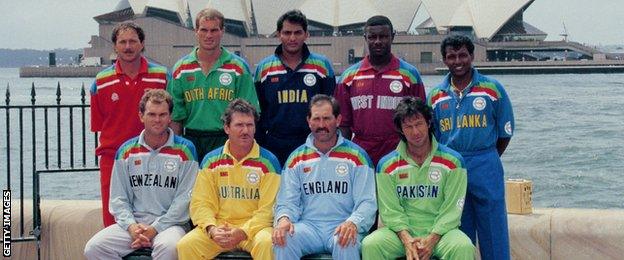
Martin Crowe, bottom row far left, was named man of the tournament at the 1992 World Cup
'Tortured genius'
A book written about Crowe in the 1990s was called 'Tortured Genius', which Waddle believes reflects rather well the legendary Kiwi cricketer's personality.
"He wasn't always understood," says Waddle, who toured with Crowe for more than a decade. "Tortured Genius was probably a fair title for the book.
"He was a genius who had a few weaknesses in his game and personality and they sometimes came to the fore. However, if you got to know him, he had a very keen sense of humour. He was a thorough team man who had New Zealand cricket and the game in general at heart."
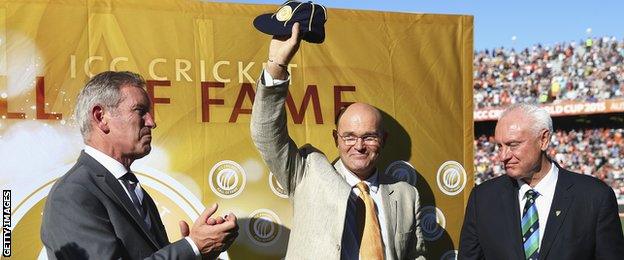
Crowe was inducted into the International Cricket Council's Hall of Fame in February last year
A pioneer
Crowe's contribution to New Zealand cricket extended beyond the cricket field. He was regarded as a pioneer having invented Cricket Max, external - a precursor to Twenty20 - and he delivered the MCC's prestigious Spirit of Cricket Lecture in 2006.
He was a respected television commentator and cricket writer and became a mentor to New Zealand batsmen Ross Taylor and Martin Guptill in later years, despite his lymphoma - which Crowe referred to as his "friend and tough taskmaster" - returning in 2014.
Before last year's World Cup final - and knowing he only had weeks to live - he poignantly told Cricinfo:, external "To see the two sons I never had, Ross Taylor and Martin Guptill, run out in black, in sync with their close comrades, drawing on all their resolve and resilience, will be mesmerically satisfying. I will hold back tears all day long."
Speaking about the influence of Crowe on his players, current captain McCullum said: "He's been instrumental in helping some of our guys on the team peel back their games and really focus on being able to develop individually but also buy into the team collectively. He's been a really big asset."
New Zealand cricket has lost one of its most famous and talented sons.
- Published3 March 2016
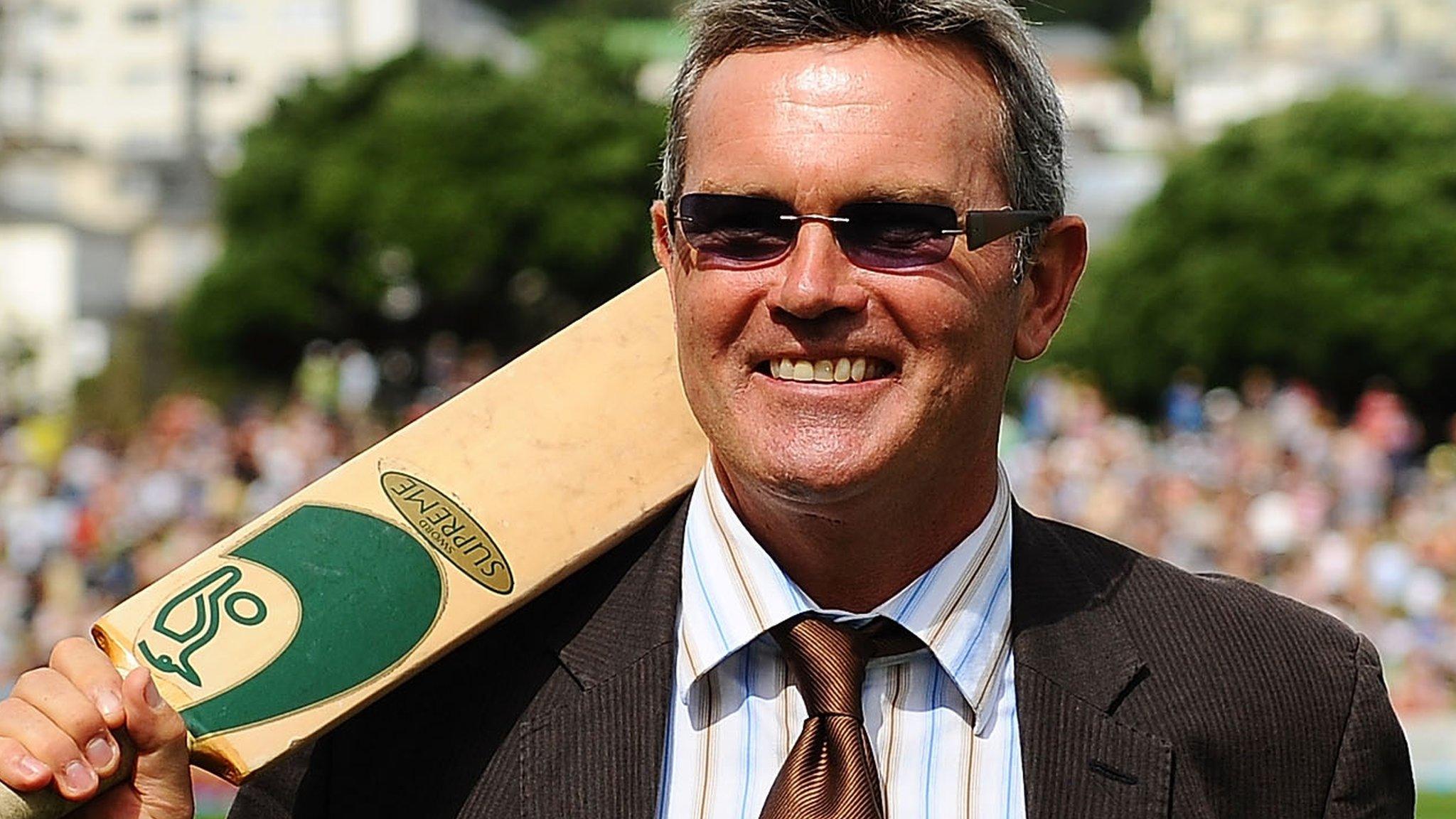
- Published10 March 2019
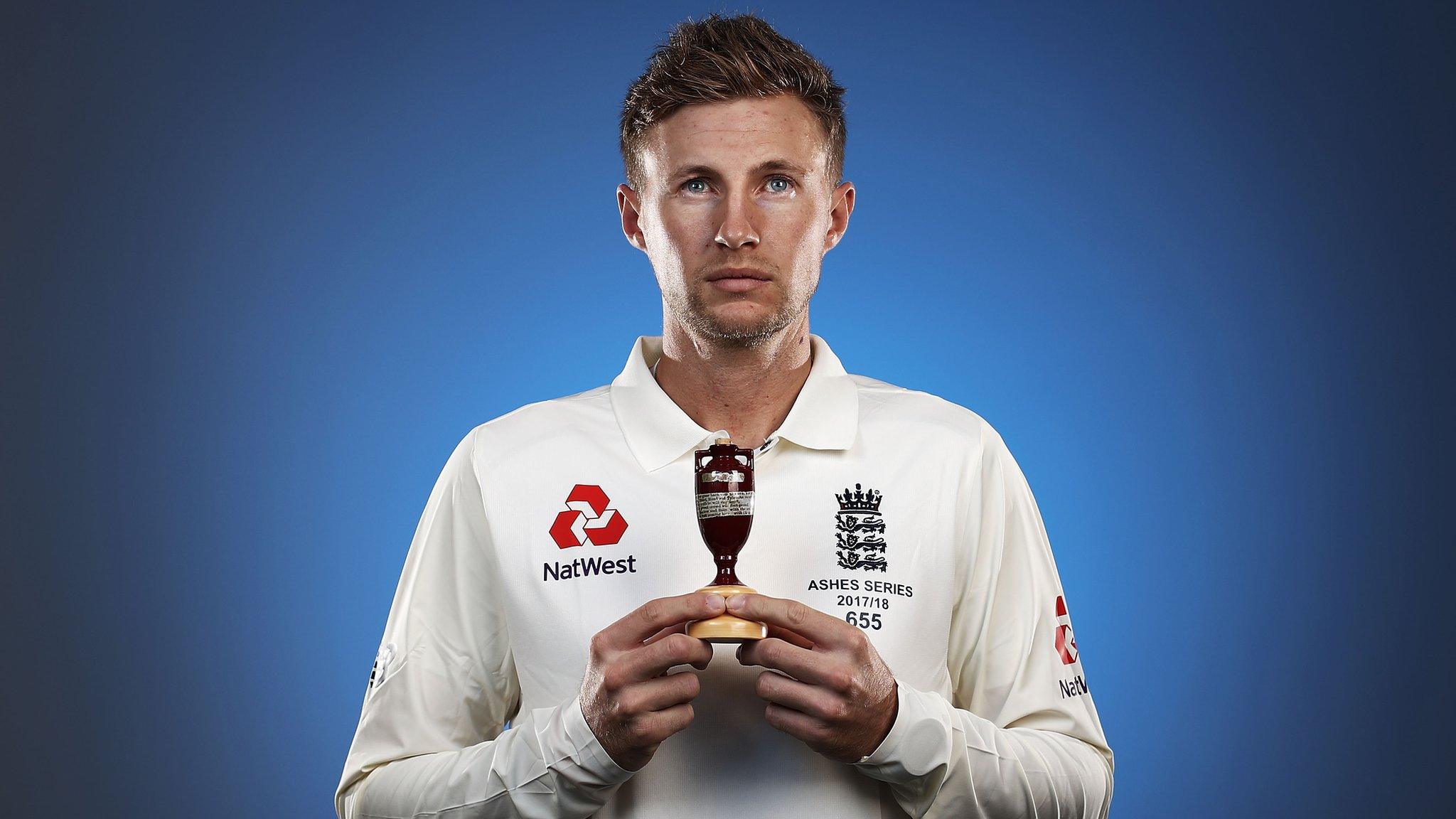
- Published15 May 2018
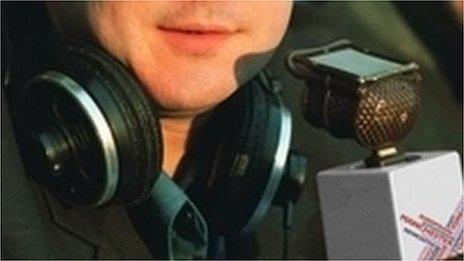
- Published18 October 2019
